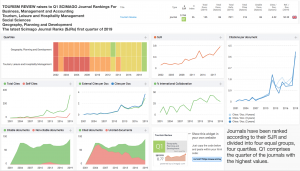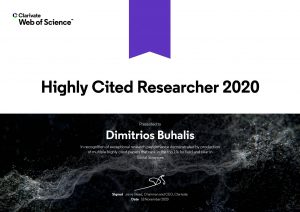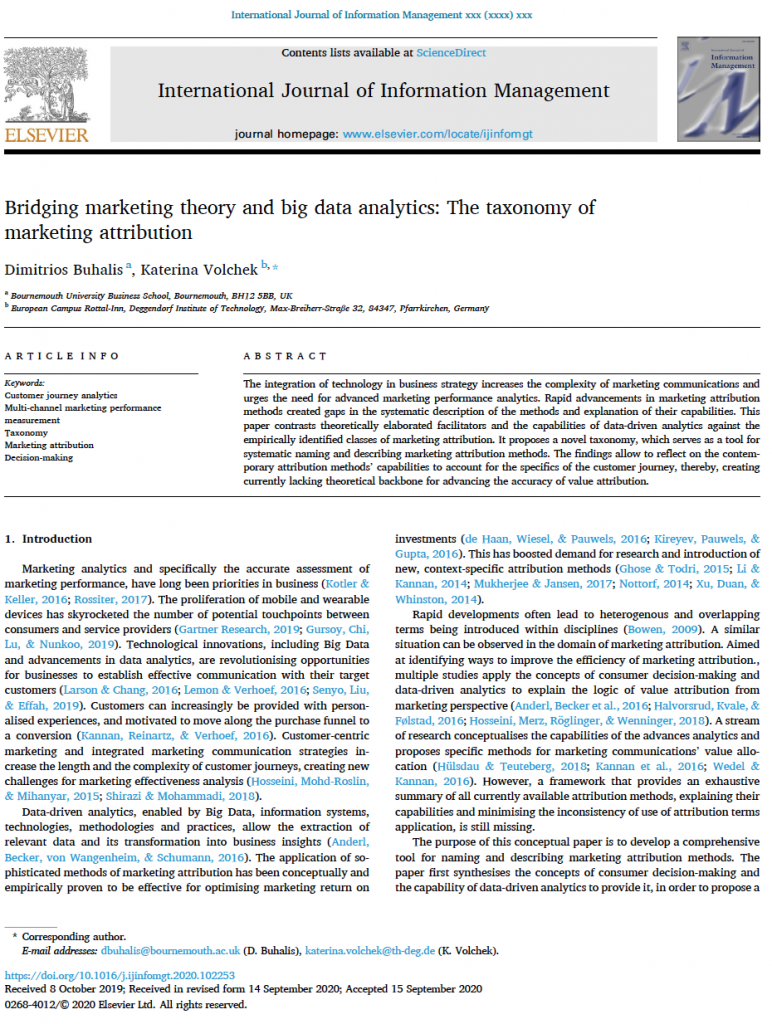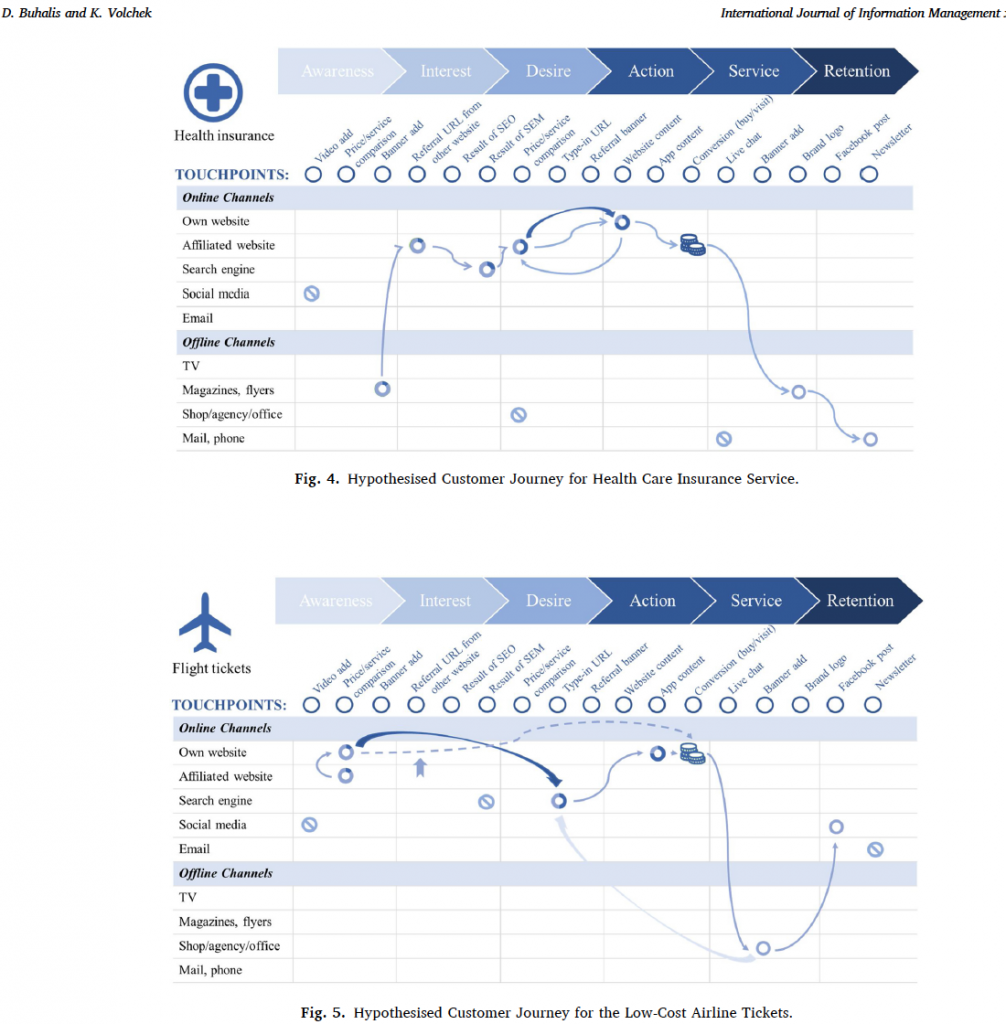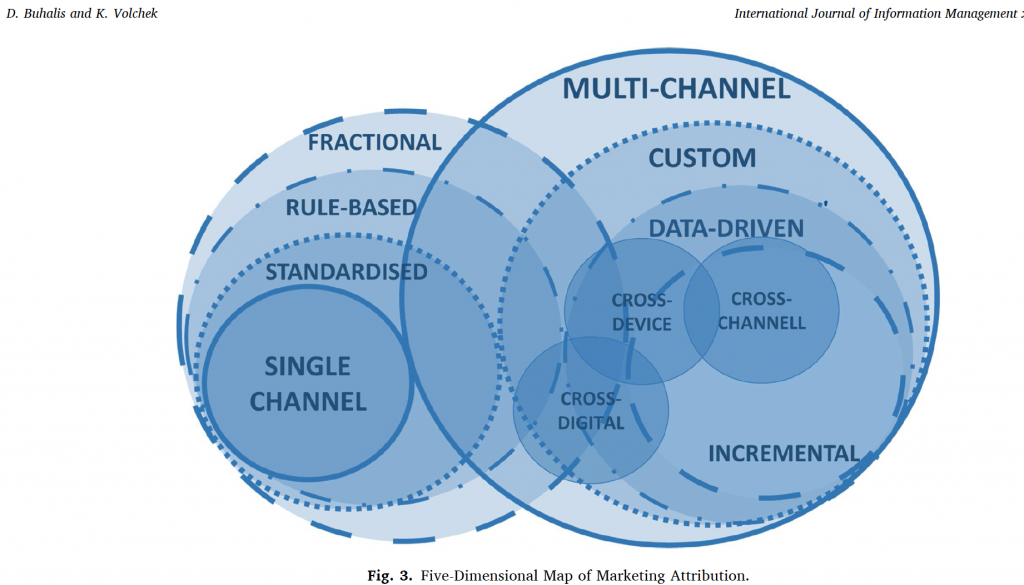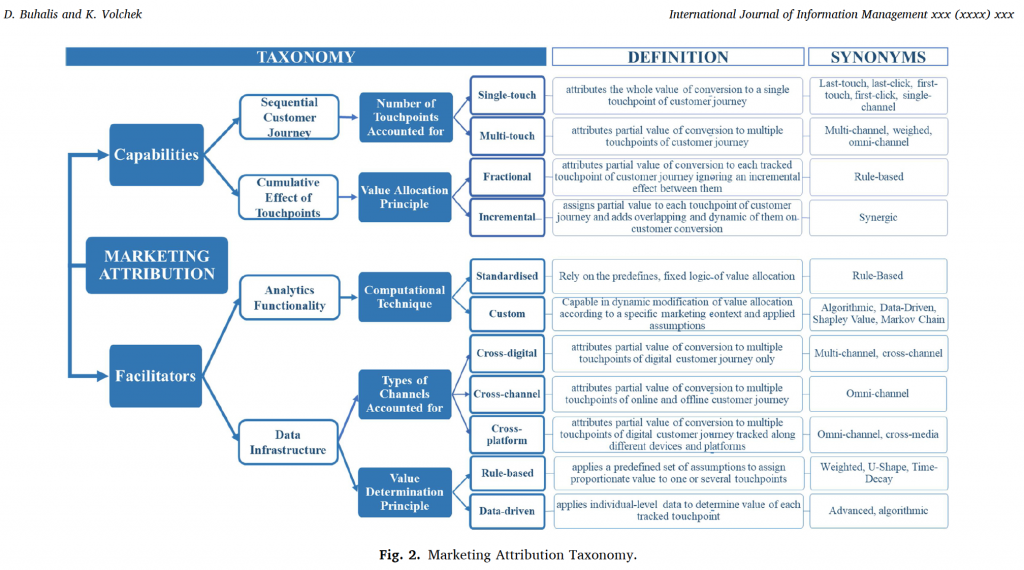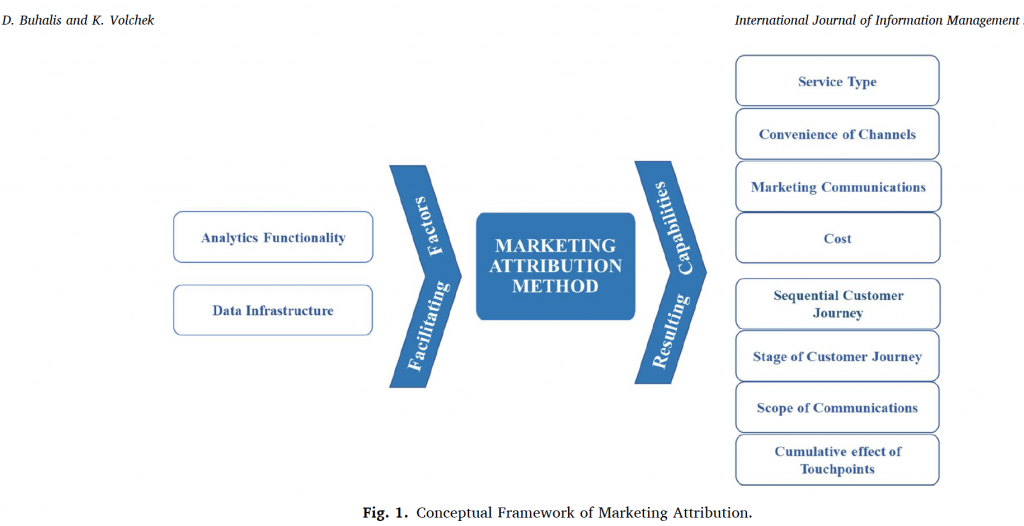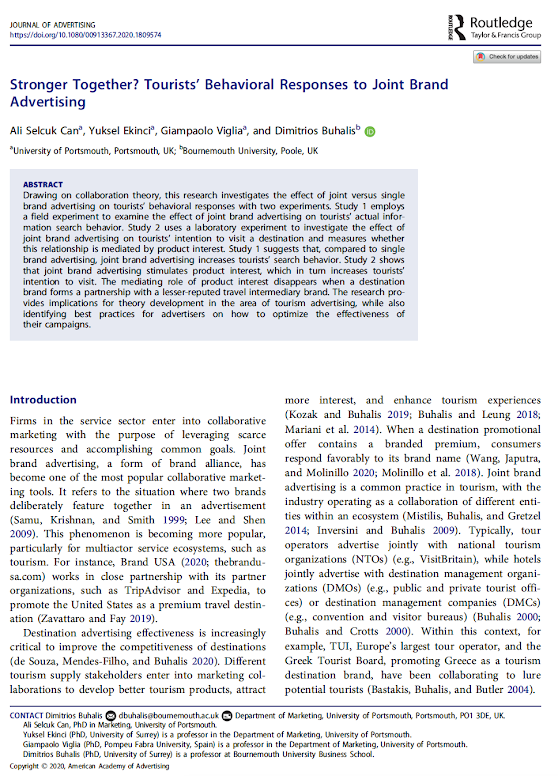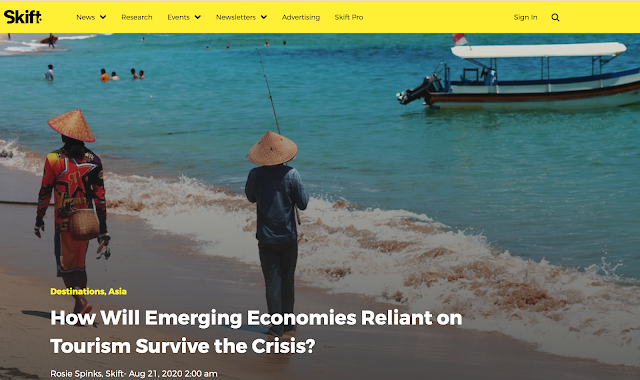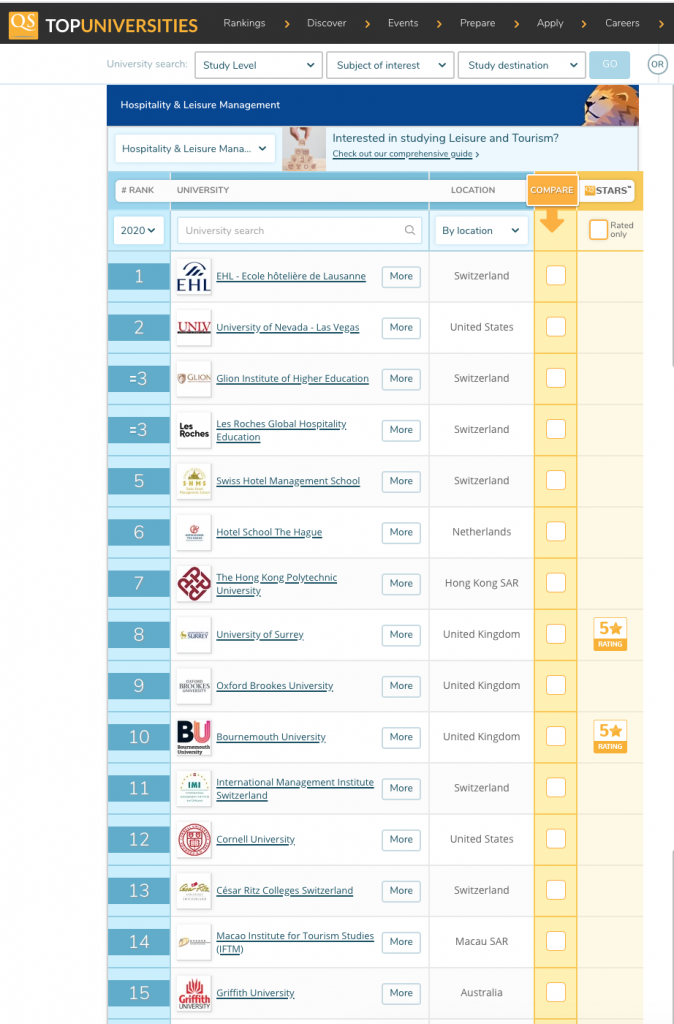Smart technology and the Future of Hospitality and Tourism after COVID-19
Professor Dimitrios Buhalis contributed a presentation entitled
Smart technology and the Future of Hospitality and Tourism after COVID-19
to the School of Hotel and Tourism Management, PolyU, The Hong Kong Polytechnic University
#IMPACT2020 Conference today.
#CrisisManagement #Recovery #Strategy #TourismRecovery #RecoveryStrategy #Future #Hospitality #Tourism #Technology #COVID19 #PostCOVID19


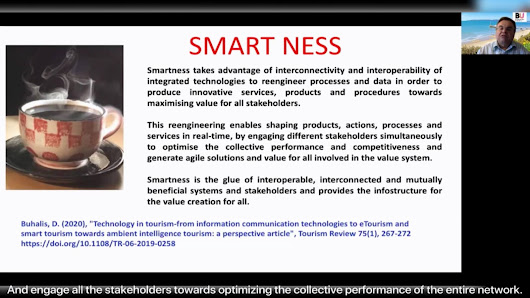
New Paper published: Buhalis, D., Volchek, K., 2020, Bridging marketing theory and big data analytics: The taxonomy of marketing attribution,
New research paper published by Professor Dimitrios Buhalis in Journal of Advertising
New research paper published by Professor Dimitrios Buhalis in Journal of Advertising
Ali Selcuk Can, Yuksel Ekinci, Giampaolo Viglia & Dimitrios Buhalis (2020):
Stronger Together? Tourists’ Behavioral Responses to Joint Brand Advertising,
Journal of Advertising https://doi.org/10.1080/00913367.2020.1809574
free eprints https://www.tandfonline.com/eprint/76JWSAAMIBF3ZHQXFEHT/full?target=10.1080/00913367.2020.1809574
Abstract
Drawing on collaboration theory, this research investigates the effect of joint versus single brand advertising on tourists’ behavioral responses with two experiments. Study 1 employs a field experiment to examine the effect of joint brand advertising on tourists’ actual information search behavior. Study 2 uses a laboratory experiment to investigate the effect of joint brand advertising on tourists’ intention to visit a destination and measures whether this relationship is mediated by product interest. Study 1 suggests that, compared to single brand advertising, joint brand advertising increases tourists’ search behavior. Study 2 shows that joint brand advertising stimulates product interest, which in turn increases tourists’ intention to visit. The mediating role of product interest disappears when a destination brand forms a partnership with a lesser-reputed travel intermediary brand. The research provides implications for theory development in the area of tourism advertising, while also identifying best practices for advertisers on how to optimize the effectiveness of their campaigns.
How Will Emerging Economies Reliant on Tourism Survive the Crisis?
How Will Emerging Economies Reliant on Tourism Survive the Crisis?
https://skift.com/2020/08/21/how-will-emerging-economies-reliant-on-tourism-survive-the-crisis/
21 August 2020
Dimitrios Buhalis, a professor of tourism at Bournemouth University, told Skift that countries which can temporarily divert their tourism workforce to other industries, such as to agriculture or fishing, may be able to weather the storm and see their tourism economies pick up where they left off, eventually. He pointed to the example of Bali, Indonesia, where the tourism workforce has largely shifted to more traditional economic means — certainly not without hardship.
But, Buhalis said, “where it’s more difficult is where tourism is 60, 70, 80 percent of the local economy and where you don’t have a local domestic market. Places where the country is small, geography does not support easy accessibility, and the social classes are very structured.” He noted that some Greek islands and countries such as the Maldives fall into this category.
Conversely, Buhalis said the emerging markets that will fare the best during Covid are those that have a large domestic population, an income distribution which means a sizeable percentage of locals can afford to travel, and the geography and infrastructure that allows them to do so.
Though he believes that tourism will recover — “we’ve seen how many people are desperate to travel” — he thinks the current moment represents something of a “fallow period” for tourism, one where governments who have already invested in tourism economies should continue to build up infrastructure and make industries more efficient for what he sees as tourism’s inevitable return.
“Apart from the health crisis we’re about to experience a major global recession beyond belief and that will damage tourism and will create a range of initiatives to prepare us for the next day,” Buhalis said. “We need to improve efficiency and we need to improve the way that we manage tourism.”
Bournemouth University ranked again #10 in the world in the QS Hospitality and Leisure Management ranking
Bournemouth University ranked again #10 in the world in the QS Hospitality and Leisure Management ranking
The Encyclopedia of Tourism Management and Marketing has already received more than 100 entries and has already accepted 10 entries!
ENCYCLOPEDIA OF TOURISM MANAGEMENT AND MARKETING
Editor in Chief: Professor Dimitrios Buhalis, EDWARD ELGAR PUBLISHING LIMITED
The Encyclopedia of Tourism Management and Marketing has already received more than 100 entries and has already accepted 10 entries! See some examples of the accepted terms on https://tinyurl.com/encyEXAMPLES. These include terms:
PEACE (Anna Farmaki),
SUSTAINABLE TOURISM (David Weaver),
TOURISM SATELLITE ACCOUNT (Cristi Frenț),
SLOW TOURISM (Janet Dickinson),
ARCHIPELAGO (Godfrey Baldacchino),
SMART TOURISM (Dimitrios Buhalis).
New Publication: de Souza, J., Mendes, LF., Buhalis, D., 2020, Evaluating the effectiveness of tourist promotions to improve the competitiveness of destinations, Tourism Economics, Vol. 26(6), pp, 1001–1020,
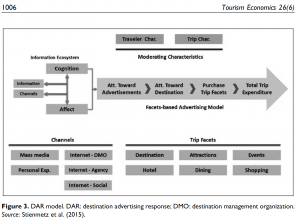
Supporting the Global Society Restart Tourism
Tourism Review Journal is raised to Q1 in SCIMAGO Journal Rankings
Q1 comprises the quarter of the journals with the highest values.
